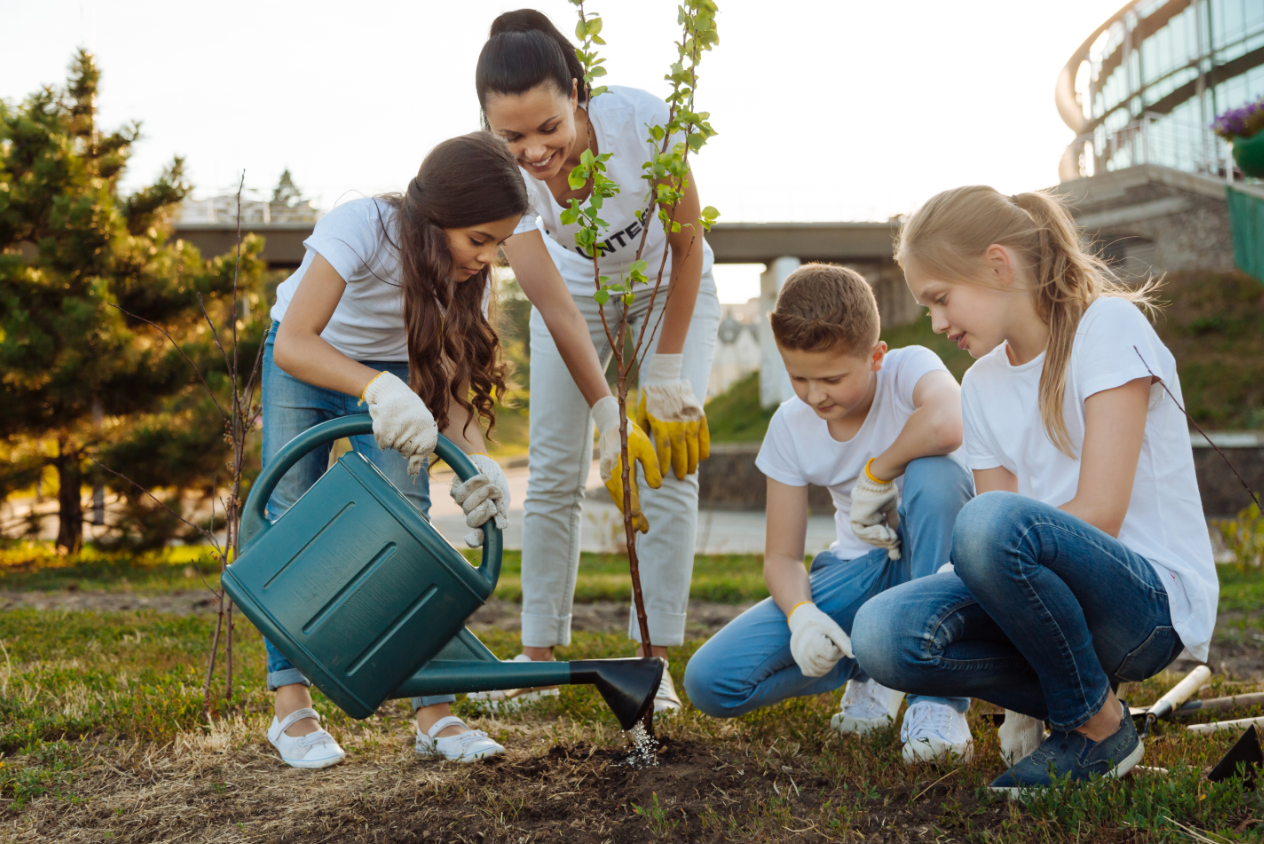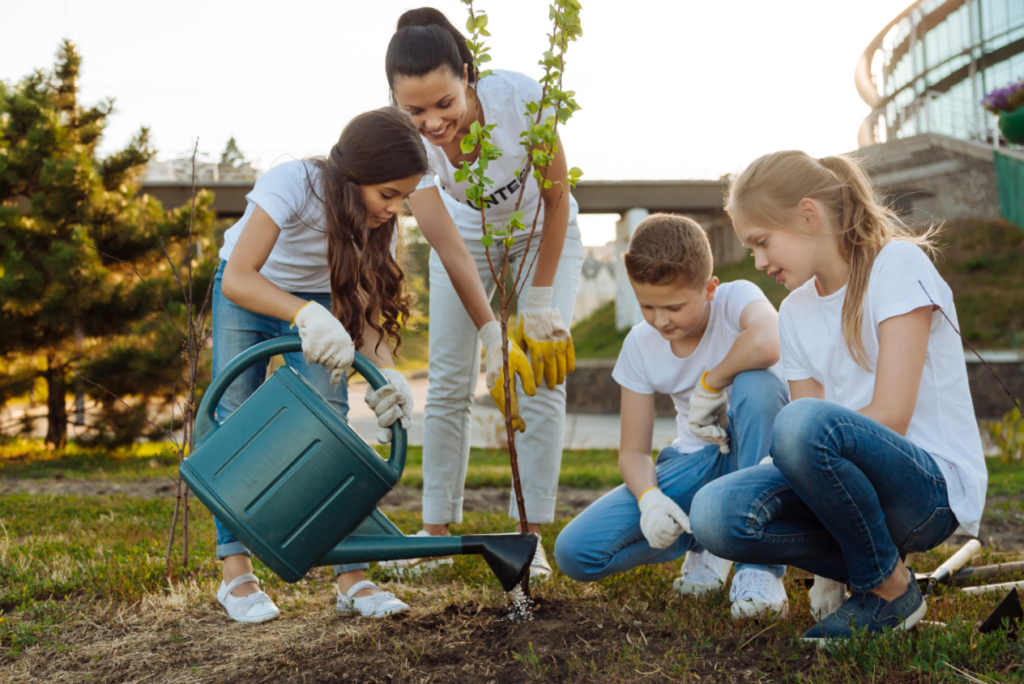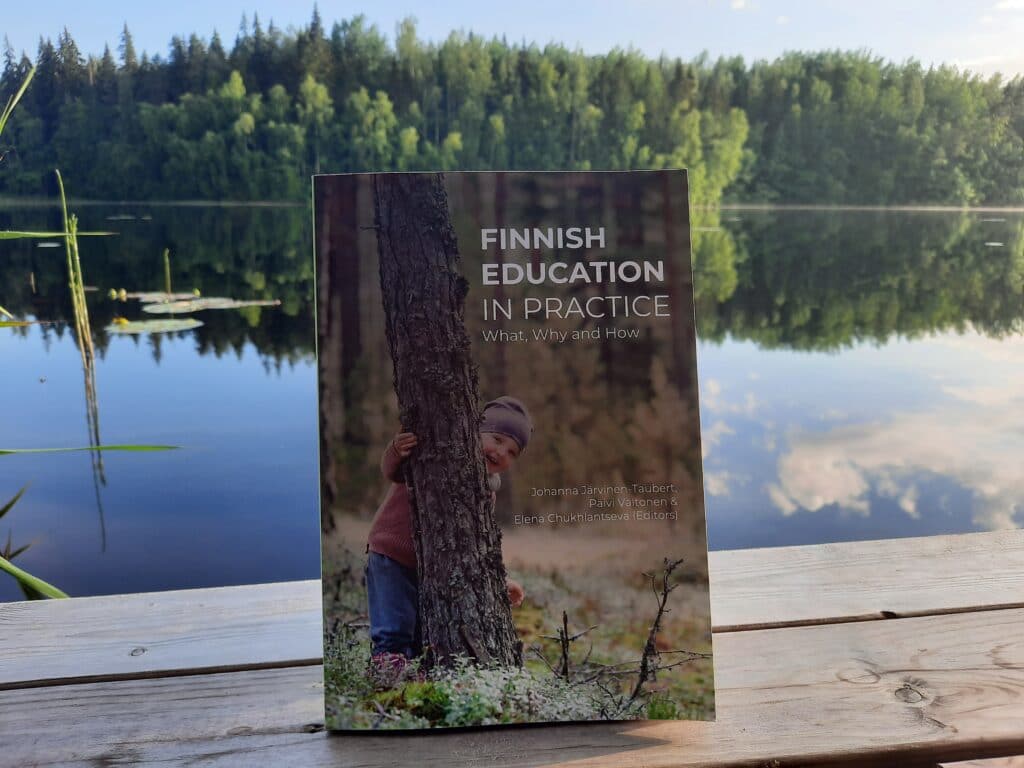
Parenting is not always easy. It can be challenging and demanding. How could we best support parents in their important task?
Naomi Moriyama, a U.S.-Japan marketing professional from New York, has reflected her feelings as a parent in her book The Sisterhood Of The Enchanted Forest Sustenance, Wisdom, and Awakening in Finland’s Karelia, published in October 2021. When Naomi Moriyama stayed six months in Finland with her family, she felt the transformation from a mother concerned (even obsessed) about her child’s school achievement and grades to a more relaxed Scandinavian parent who trusts the teachers taking care of her child’s learning and school achievement.

Is that easy-going approach really helpful for the children as well for the parents? Finnish children experience a happy and stress-free childhood and enjoy short school days and light amount of homework. How can Finnish education be so successful without the pressure and stress? Is there some secret that parents and teachers from other countries could learn from Finland?
In our book Finnish education in practice – what, why and how , we have tried to encapsulate the actions that based on scientific research parents can do to support their children in their school work and learning. Here are some points to consider:
Being accepted and feeling secure form the basis of learning
Children learn best when they feel accepted and secure. Each child is unique and should be accepted and loved as they are. Moreover, the parents should understand and accept that each child learns at their own pace. Comparing the child with other children or their siblings is not appropriate; their development should be compared only with their earlier skills.
A positive self-image is based on the feedback of meaningful people
Children with a positive self-image of themselves as learners learn better. The way children form this view – whether they are good or bad learners – is based on the feedback they get from their parents and other meaningful people in their lives.
When giving feedback to a child, it should not be unfounded, superficial praise. Above all, the child should be praised for trying, practicing and doing their best, no matter the achieved result. According to research, children who were encouraged to try and praised for their perseverance and hard work, not so much for their good results, were more determined and more aware of the meaning of the hard work.
Helping and supporting the child
Some children require more support than others. The child must be helped when they ask for it. However, they should not be given the correct answers to homework, or have it done by somebody else, as the parent’s task is to encourage, guide and help the child in finding the correct answers.

Encouraging a demotivated child
In order to help, the parent should reflect on the reasons behind the child’s lack of motivation. Is the school burdening the child too much; are the objectives unrealistic or unclear; does the child get enough of positive learning experiences; how does the child view themselves as a learner; does the child consider learning boring or repetitive struggle and so on.
Those who have understood will remember it better than those who have simply tried to memorize a bunch of detailed facts without understanding their meaning. Discussing the matter together with a child promotes understanding it, as well as trying to put it in a real-life context. Praising and encouraging a child, especially for trying and persevering, is also very useful.
Respecting and trusting the teachers
The teacher should be seen as a co-partner: they share the same objective with the family, which is to help children learn as best as they can. By helping the teachers in succeeding in their work, the children are also given the opportunity to learn as well as possible.
Ensuring a child’s rest and recreation
We cannot learn when we are tired and weary – this applies to children, too. Research demonstrates that sleep and rest are essential for cognitive functioning, and therefore aid in remembering new information and storing and recalling it.
Happy children also learn better. Warm relationships with family and friends, meaningful activities and sufficient physical activity and rest are important constituents of well-being. The child should have time for activities they enjoy, whether it be playing with friends or legos, reading or playing an instrument. Various studies have pointed out that free play has a significant impact on children’s development.
Sharing the joy of learning!
The joy of learning is derived from discovering something new, mastering new skills, working and trying, collaborating, reaching personal targets as well as the unforced, motivation-oriented curiosity and exploring.
Children learn a great deal from the adults around them. If the adults show a curious and positive attitude towards learning new and exploring the wonders of the world, the children will adapt similar attitudes. Taking part in the joy of learning with a child is caring and supporting.
How can we support parents better? Please share your comments! Are you interested in learning more about parenting skills? Check out the self-study parenting online courses which will support you as a parent.
Reference: Valtonen, Päivi & Järvinen-Taubert, Johanna 2021. What Should Parents Know About Their Child’s Learning – a Finnish Perspective. In Järvinen-Taubert, J., Valtonen, P. & Chukhlantseva, E. (Eds.) Finnish Education in Practice – What, Why and How. Malta: Kite, 143–153.



Very educative and informative document. Keep it up.
In this article, you have successfully explained the role of the parents in teaching their children various new things. I think that this article will help many parents in understanding what they need to do in order to help their children learn and grow in their lives. Thank you for sharing all this information with us. This was a great article and I had an amazing time reading it.